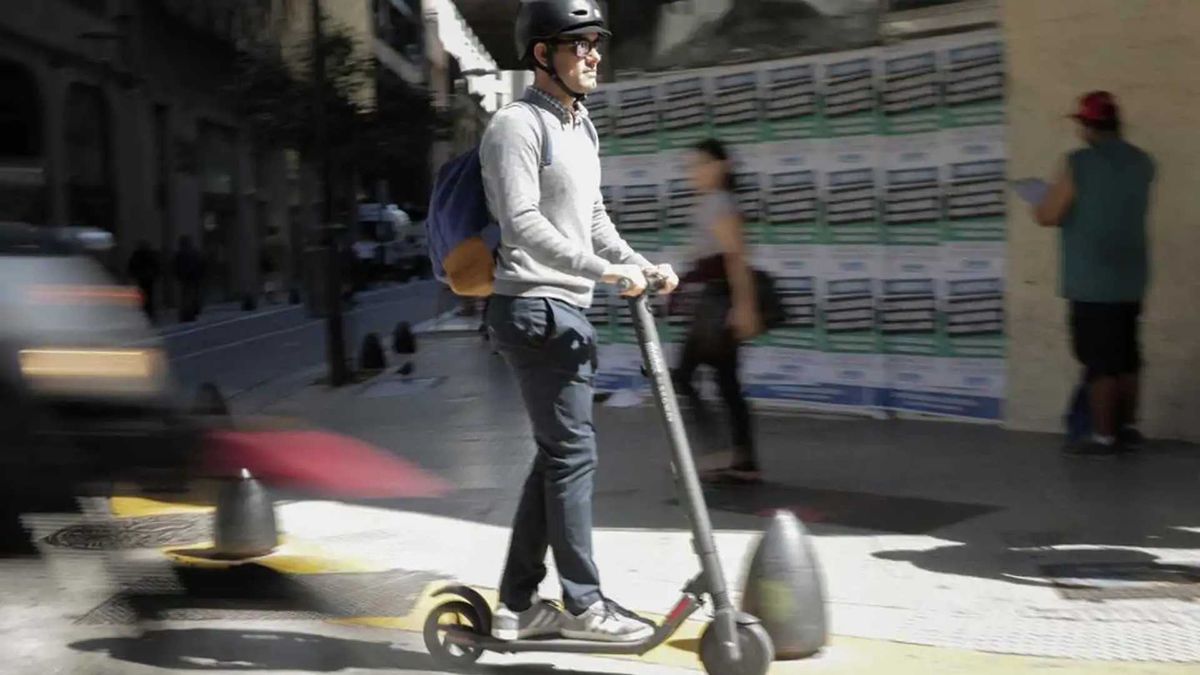As we move away from the city center we should be able to move with larger vehicles, however if we get closer to the “center” of that radius, the vehicles should be smaller and more sustainable.
Achieving more sustainable mobility involves a series of measures and policies that involve the public and private sectors.. It requires investment in infrastructure, coordination between various types and means of transportation, and working on raising awareness and benefits that the community obtains.
The content you want to access is exclusive to subscribers.
Ideally, the happy path of sustainable mobility should be to leave our home with a bicycle or skateboard, take an electric train, taking with us the vehicle with which we started the trip, get off and continue the last journey in the same transport as we start. In the same way, it could occur by carrying any of these alternatives in the trunk or trunk of an electric vehicle, be it a car or a bus.

Each of these alternatives involves investments, whether in vehicle charging stations throughout the country, in the provision of temporary bicycle rental stations, or in scooters for public use that can be left within a defined radius. . It would be ideal if everything could be coordinated with the same card, or virtual wallet, just as we do with the “SUBE”, where we can rent or opt for the various means of transportation as we advance in entering the cities, we would minimize the use of private cars with fewer passengers, making mobility more sustainable and minimizing the impact of the carbon footprint.
When we think about sustainability and the most appropriate type of vehicle, we have to imagine a wide radius where as we move away from the city center we should be able to move with larger vehicles, where the capacity of each one is optimized, and the The cost per passenger is lower, as is the footprint that is generated (trains, buses, vans), and as we get closer to the “center” of that radius, the vehicles should be smaller and more sustainable, where it is not necessary to travel long distances (bicycles and skateboards), generating less impact and pollution. It is the closest and most possible equation to implement in a city like Buenos Aires and other large cities in the country.
The problem of costs and the limited supply of electrical alternatives
Much of the problems we have in the country to advance this type of initiatives are related to the cost and difficulty of accessing these electric, hybrid and sustainable mobility alternatives. The current cost remains high, the infrastructure does not improve, and the use of public transportation continues to be inefficient and uncomfortable, which often makes individuals lean towards the use of private vehicles, because although it takes more time, We prefer to be more comfortable. The incentives for any of these initiatives remain low, they are not federal (non-payment of vehicle taxes or tax exemption for the purchase of these -bikes, skateboards, etc-) and their local manufacturing is limited. Still, in Argentina, we have not set a goal that we want to reach at the national level of the vehicle fleet with this type of energy.
Currently, and linked to the problem that I mentioned previously, those of us who run mobility or passenger transport companies in Argentina can work on the consequences and impacts generated by our activity and not on policies and decisions that avoid or minimize this. In our case, We decided a few years ago to measure and compensate for the footprint generated by our activity, planting trees in the country where the damage is generated, and investing in technology to minimize the kilometers traveled with empty cars or buses. We are all responsible for a more sustainable world.
The policies and incentives work and today they are scarce. In Argentina, half of the hybrid and electric cars that were sold were purchased in the city of Buenos Aires (according to ADEFA statistics), followed by the province of Buenos Aires, Córdoba and Santa Fe, which confirms what was mentioned above.
CEO of Grupo Traslada, the largest Argentine corporate mobility solutions company in the country.
Source: Ambito
David William is a talented author who has made a name for himself in the world of writing. He is a professional author who writes on a wide range of topics, from general interest to opinion news. David is currently working as a writer at 24 hours worlds where he brings his unique perspective and in-depth research to his articles, making them both informative and engaging.




